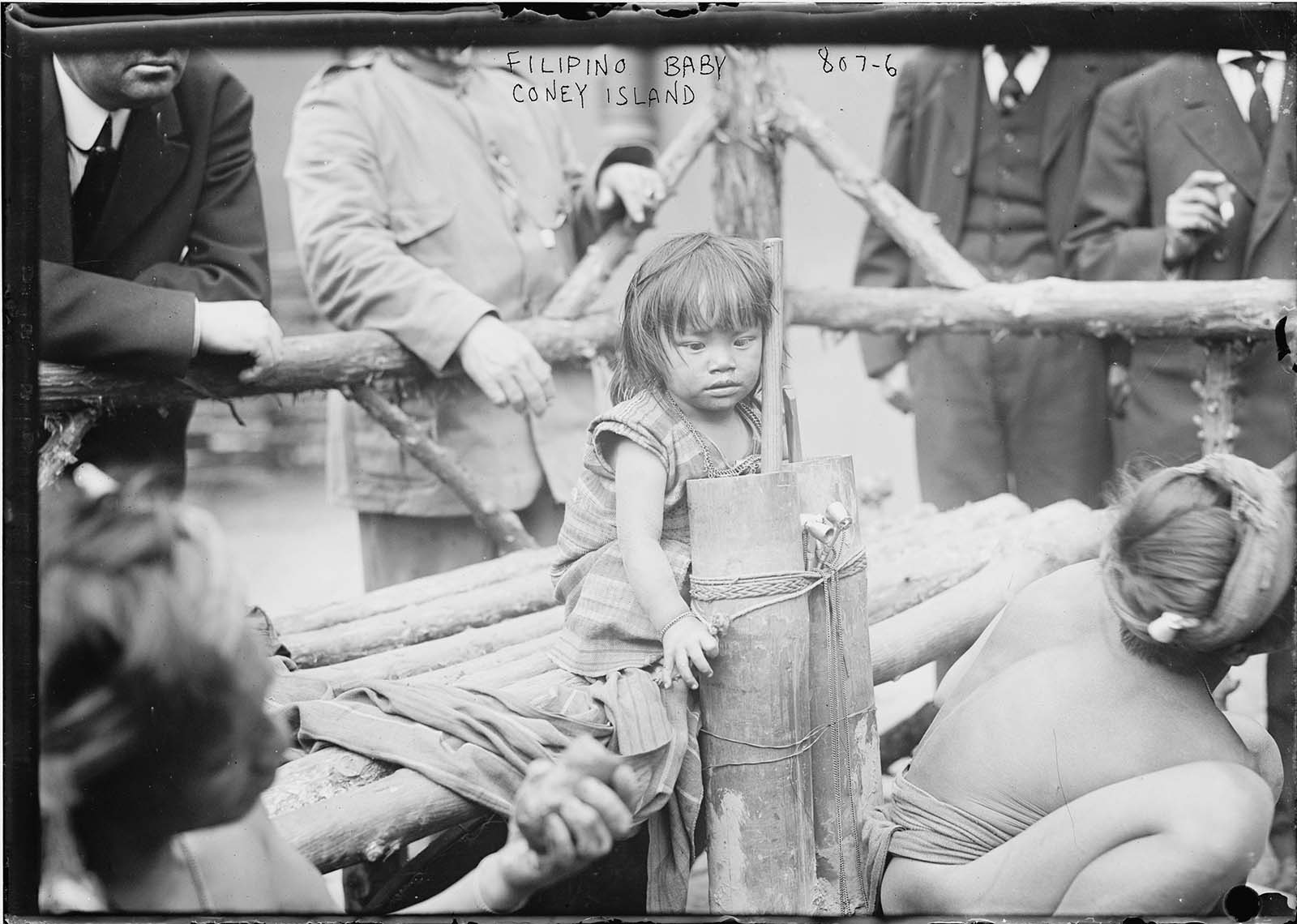We can list down a thousand reasons why India cannot lift millions of her citizens out of poverty even to this age. Corruption, the inefficiency of her pillars, the socialistic past, the siphoned-off wealth by colonizers, and so on and on. Among all undeniably valid excuses, one of the critical factors is probably a psychological one. Various studies and theories on India’s poverty map indicate that the mentality and the torchbearers of Gareebi Hatao could be to blame. Apparently, our revered and romanticized feeling towards poverty is one of the most significant constraints.
Believe it or not, India loves her poor and wants to cherish it. In other words, we subconsciously feel it’s a sin to dream big. While West celebrates Scrooge McDuck and Jordan Belfort showering themselves on dollar bills, India celebrates poor Sudhama, a poverty-stricken childhood buddy of Lord Krishna. Western media, entertainment, and literature industries talk about getting rich quickly; their Indian counterparts say it’s absolutely OK to be poor. Western movies depict insanely lucky at Las Vegas bounties, Vin Diesel robbing bank lockers, and million-dollar lottery wins. Indian, however, is quite the opposite. One of the three idiot’s mothers does not have enough money for a roti, and another does not have the cash to buy a camera. Of course, these get a background score of violins playing for gut-wrenching music.
Only striving for excellence, the will to make a change, and showing impatience towards mediocrity, not an endless list of excuses, can lift us from poverty.
Anyway, this is one of the reasons I hate the movie Slumdog Millionaire. Even though it’s a well-made film, I’m not too fond of it. It has won many, many Academy Awards. I dislike it, not just despite of it; but because of it.
Compare this against the OTT series, Scam 1992. It shows two brothers constantly and impatiently looking for a way to get out of the pigeonhole they lived in.
Singlehandedly, Slumdog Millionaire has managed to cause irreversible damage to slum dwellers of Mumbai and pan India. In fact, It has created an entirely undesirable new industry – slum tourism. Despite the quick buck it brings in, it builds a psychological effect on the residents. It’s a thought of “it might as well be OK to stay there forever”. I believe you are already aware by now; apparently, there is an entire ecosystem that has evolved just to cater to the needs of slum tourists. Tour guides who can help you navigate the slum with the best possible experience. These guides will come packed with water, cookies, sunscreen lotion, identify the best photo opportunity for Instagram, hold you an umbrella and wipe your seats.
Don’t get me wrong, it’s not an India image I am worried about. Who are we kidding? A slum is a slum. But let’s not celebrate it; let’s acknowledge it as a staging area for migrant workers who abandoned their farming role and came there for a better life. And for heaven’s sake, let’s get them out of there.
BTW, The West’s fascination with the underdog is another topic altogether. They simply want to put the underdog on a frame or a cage, exhibit it, and maybe even take a poke at it. I cannot explain this fully, but I believe it is related to the hunger for existential superiority of culture, ideology, and even religion. They love slums, and if it’s legal, they might even make a zoo. Please be informed that I am NOT making this up. This has happened before. History provides a myriad of examples. Let me pick the first one that comes to my mind. Please follow this link for more on the same category.



A great thought provoking and reality check post
LikeLiked by 6 people
Thanks Gayatri, appreciate it.
LikeLiked by 2 people
That’s very true sirji, nicely written.
LikeLiked by 2 people
Thanks Darpan.
LikeLike
You made this both wonderfully informative and, at the same time, very engaging to read. Thank you for sharing in such a thought-provoking way!
LikeLiked by 1 person
Thanks Jennifer, have a great day.
LikeLiked by 1 person
You too my friend!
LikeLiked by 1 person
Wonderful reflection. Thanks for sharing with us.
LikeLiked by 1 person
Pleasure.
LikeLike
Reblogged this on Cisne.
LikeLiked by 1 person